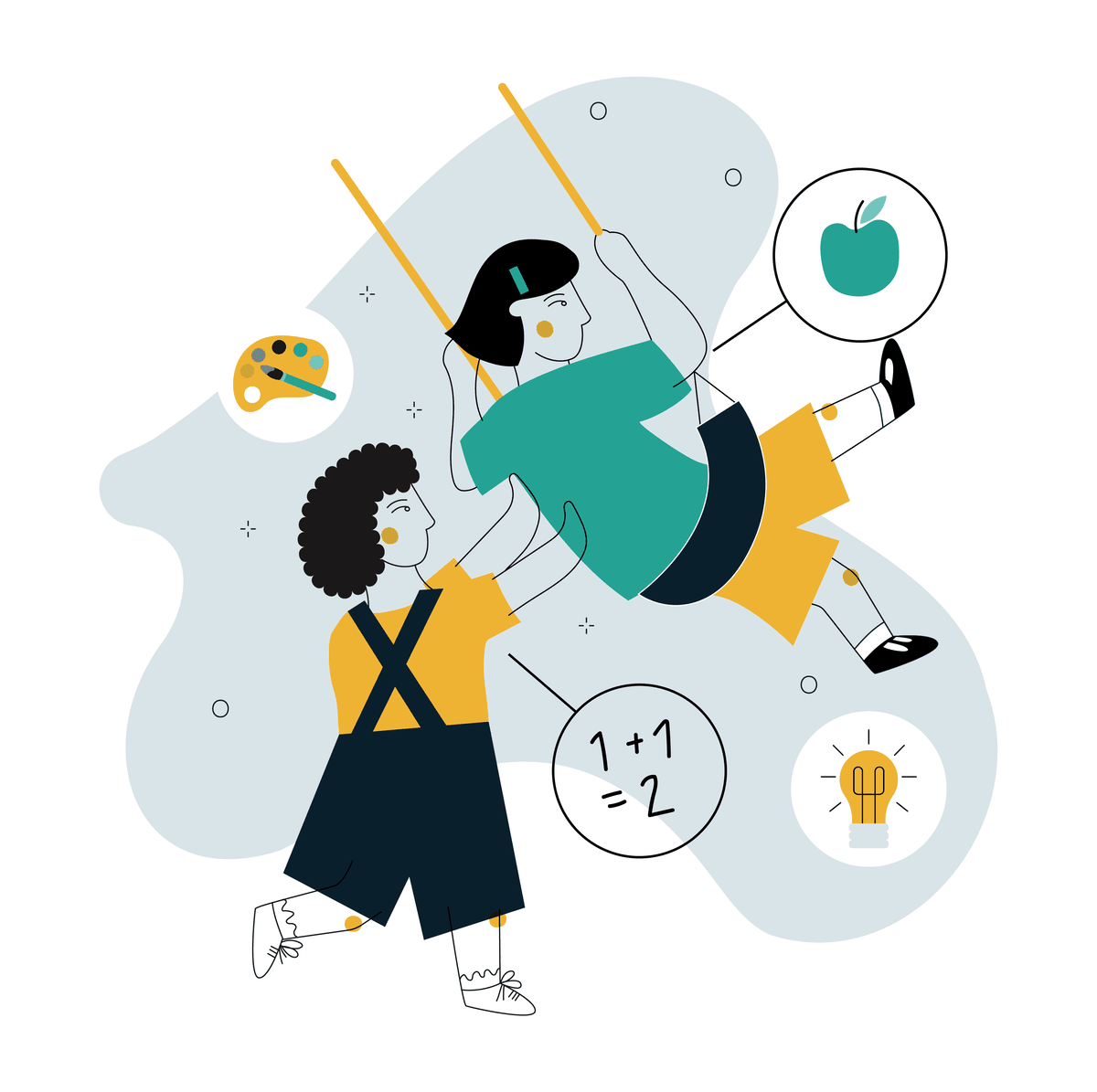Peer support involves one or more learners teaching other learners, by design, in a particular area either formally or informally. The purpose of peer support is to capitalise on the natural relationships learners tend to have with each other to aid understanding, consolidate concepts and to transfer knowledge.
Hattie’s 2017 updated influences and effect sizes related to student achievement indicates peer tutoring has an effect size of 0.53.
Initially developed by Palincsar & Brown, as an interactive teaching strategy to improve comprehension skills in the 1980s, there is a long rich history of research highlighting the benefits of peer support and teaching.
Underpinning the strategy is the assumption people make change, and are more likely to engage with a close colleague or peer who has previously experienced the same process of change (Al-Kobaisi).
Benefits of peer support/teaching include:
- Greenwood, Carta & Hall found peer tutoring lowers the incidence of misbehaviour in classrooms.
- Medcalf found low-progress readers, when assigned to receive assistance through 1 of 2 remedial reading programs (Peer Tutoring using Pause, Prompt, and Praise procedures or an Individualised Tape-assisted Reading Program) across an 8-week programme, made substantial gains on both programmes, with gains being maintained and increased at follow-up; reading gains for helpers on the peer tutoring program were similar to those on the tape-assisted programme with greatest gains being made by helpers…
… to see more visit SLEUTH™ Field 1, Section 14.
Visit SLEUTH™ to read more on how Peer Support skills can help grow your pedagogy and your learners outcomes.

SLEUTH™ ‘Quick Solutions’
Understand – Duration of programme
Peer support can be short-lived (e.g. a one-off), or on-going. It is not necessarily healthy to retain pairings for lengthy periods of time (complacency, being too comfortable, missed opportunities to build social connections with other learners, and missed opportunities to tap into the unique contributions other helpers bring to learning are primary reasons) but there might also be very sound reasons to justify retaining pairings for lengthy periods of time. Consider blocks of 8-10 weeks as a norm.
Understand – Learning objectives
For peer support to be effective helpers and helped must know the purpose and outcomes they are working towards; provide clearly articulated and easily understood learning objectives prior to commencing peer supported tasks and activities.
Understand – Success criteria
For peer support to be effective helpers and helped must know what success looks like; providing success criteria ensures helpers stay on track, that they know when they and learners they are helping have been successful, and they allow helpers a basis for providing feedback to support learning…
These are 3 of 40 Quick Find Solutions available on SLEUTH™ in the area of Building Relationships & Creating a Learning Community – Peer Support.

